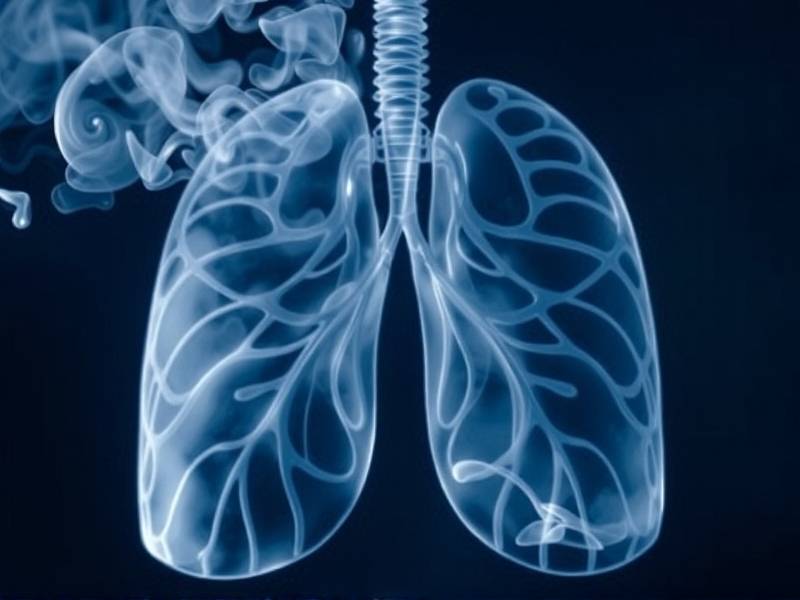How Soon Does Breathing Get Easier After Quitting Smoking?
How Soon Does Breathing Get Easier After Quitting Smoking?
Introduction: The journey to quitting smoking can be challenging, but one of the most encouraging aspects for many smokers is the improvement in their breathing. If you're considering taking the leap to quit, you might be wondering: how soon does breathing get easier after quitting smoking? In this article, we'll explore the timeline of respiratory improvements post-cessation and provide insights from reputable sources.
Understanding the Impact of Smoking on Breathing: Smoking is a leading cause of chronic obstructive pulmonary disease (COPD), a progressive lung disease that makes it difficult to breathe. The chemicals in cigarettes inflame and irritate the airways, causing them to narrow and restrict airflow. As a result, smokers often experience shortness of breath, coughing, and a reduced ability to take deep breaths.

Immediate Improvements After Quitting Smoking: One of the most significant benefits of quitting smoking is that your body begins to repair itself almost immediately. Within 24 hours of quitting, your heart rate and blood pressure start to decrease as your body starts to rid itself of nicotine. This immediate reduction in nicotine levels can lead to an improvement in breathing as your lungs begin to relax.
Weeks 1-2: Gradual Improvement in Lung Function: During the first two weeks after quitting smoking, you may notice gradual improvements in your breathing. Your lungs start to clear out mucus and debris that have accumulated over time due to smoking. This process can lead to a decrease in coughing and an increase in lung capacity.

Months 3-9: Enhanced Lung Function and Reduced Risk of COPD: Within three months of quitting smoking, you'll likely experience a significant reduction in shortness of breath and an improvement in overall lung function. Your risk of developing COPD also decreases during this period as your lungs continue to heal.
Years 1-5: Continued Improvement and Lower Risk for Other Health Conditions: After one year of being smoke-free, your risk of heart disease is cut in half compared to continuing smokers. By five years post-cessation, your risk for stroke has also decreased significantly. Your lungs continue to improve during this time, leading to better overall respiratory health.
Long-Term Benefits: The benefits of quitting smoking extend far beyond just improved breathing. Over time, former smokers can expect reduced risks for various health conditions such as cancer, emphysema, and chronic bronchitis. The longer you remain smoke-free, the greater these benefits become.
Conclusion: Quitting smoking is a life-changing decision that offers numerous health benefits. While it may take some time for breathing to get easier after quitting smoking, the improvements are well worth the effort. By understanding the timeline of respiratory improvements post-cessation, you can stay motivated on your journey towards better health. Remember that seeking support from healthcare professionals or joining support groups can greatly enhance your chances of success. Start today – it's never too late!
